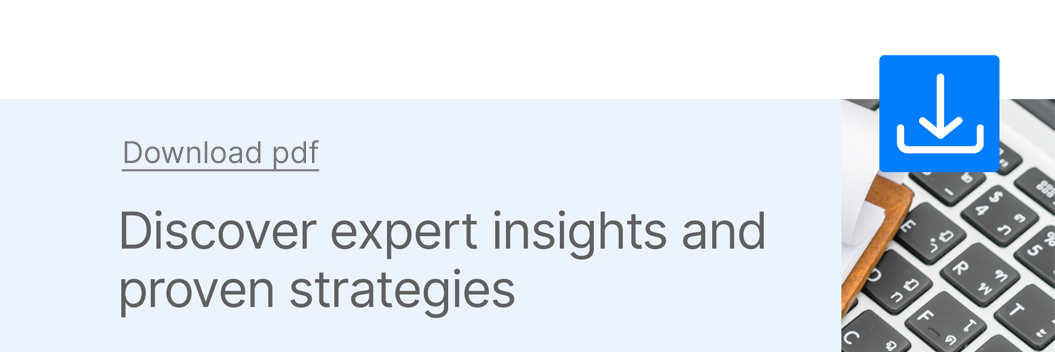The healthcare industry needs a steady flow of funds from patients, vendors, insurers, etc. The insured patient-doctor matching mechanism is vulnerable to fraud. The most common types of billing fraud at a hospital include up-coding, unbundling, and double billing.
Learning all the specialized terminology used in medical billing is a significant challenge for anyone entering the healthcare workforce. It is a curious concept that insurance providers frequently use. Read on to find out what we mean when discussing “Double Billing.”
What is Double Billing?
It occurs when a healthcare provider invoices Medicare/Medicaid, a commercial insurance company, a patient, or both for the same service. It can also happen if two doctors bill the patient for an identical set of services on the same day.
Two distinct service providers may submit bills for payment from the same patient on the same day. It may happen if the practitioner is inexperienced with the procedure or has yet to ensure the process hasn’t already been billed. For instance, this billing error could happen if the patient receives an identical prescription or treatment from the doctor and the nurse.
How does Double Billing Happen?
It can happen due to various reasons, such as:
- Clerical Errors: Clerical errors occur when someone intends to do one thing but performs another during a document’s preparation, assembly, or submission. Duplicate billing can happen as a result of oversight or human error. A medical biller could unintentionally submit the same procedure code or price more than once.
- System Errors: An instruction that either violates the procedural rules or is not acknowledged by the operating system. System flaws or faults can lead to double billing. For instance, a billing software error could result in repeated billings or charges.
- Intentional Fraud: Regrettably, some healthcare professionals may purposefully double-bill clients or insurance firms to profit. This is fraudulent and may have significant legal repercussions.
What are the Effects of Double Billing?
It can severely affect patients, insurance companies, and healthcare practitioners. As a result, it can harm the provider’s reputation and trigger a false investigation. Among these consequences include the following:
- Loss of Trust:
Perhaps as the patient, you believed the second duplicate charge was the fault of your health insurance provider. You phone them, erroring on the side of caution. When you call, your insurance will start to lose faith in your doctor.
It is examined more closely the more frequently it happens. If your doctor doesn’t alter his procedures, he may soon be subject to numerous audits, investigations, and fraud disputes. The trust between healthcare practitioners, patients, and insurance companies can be harmed by double billing. Consumers can lose faith in their healthcare practitioners, and insurance providers would only be willing to reimburse claims.
- Financial Loss:
Both patients and insurance companies may suffer financial losses due to double billing. Insurance providers may have to cover unnecessary expenditures, and patients can pay more than they should for medical care.
It can have severe repercussions for customers because they may be charged extra fees, overdraft fees, and interest on multiple payments. Customers may also need to be more trusting of the business, which could lead to a decline in trade and harm the company’s reputation.
Whenever a patient does experience it, it is critical that the business corrects the mistake right once and provides reimbursement for any monetary losses suffered.
- Legal Consequences:
The legal consequences of double billing differ based on the offense’s severity, frequency, and the industry it happens in. It may occasionally be considered a criminal crime, punishable by fines, imprisonment, or both. Also, it could result in legal actions where the harmed party might ask for compensation for losses or damages sustained. It can also harm a company’s reputation, driving away clients and losing money.
How to Avoid it?
Making sure customers are only billed once for the same service is referred to as preventing double billing. Medical billers and healthcare providers should take the following actions to avoid it:
- Check for Errors:
It can be avoided by paying close attention to the details and taking proactive steps to check for mistakes and errors. Double-check the charges on a medical bill for mistakes or duplications before submitting it.
- Use Reliable Software:
Use reliable billing software that can identify and stop duplicate billings or charges. Businesses may also easily find and fix it concerns using dependable software. This assists in preserving client confidence and happiness while averting any potential legal problems that may develop due to erroneous billing.
- Training and Education:
Preventing double billing in training and education is implementing systems and processes to ensure that a student or trainee is not billed twice for the same course or training program. This can entail checking payment histories and ensuring all fees are correctly tallied and handled. Training and education on medical billing best practices and fraud prevention should be provided to healthcare practitioners and medical billers.
- Monitor Billing Activities:
Carefully monitor billing operations to spot duplicate billing and act quickly to correct them. Keep track of all transactions, including payments and refunds, and balance them with the business’s records to effectively oversee billing activities. Manual inspections or automated technologies can be used to accomplish this. Find any possible billing problems; it also involves reviewing consumer feedback and inquiries.
Conclusion
Double billing is a significant problem in the medical billing industry that can lead to monetary loss, legal repercussions, and loss of trust. Healthcare providers and medical billers should take preventative measures to prevent it and ensure proper and open medical billing procedures. Companies can avoid it by creating alerts for duplicate charges, verifying customer information before processing payments, and regularly auditing billing records. Companies can increase billing accuracy and preserve customer loyalty and trust by taking these actions.









